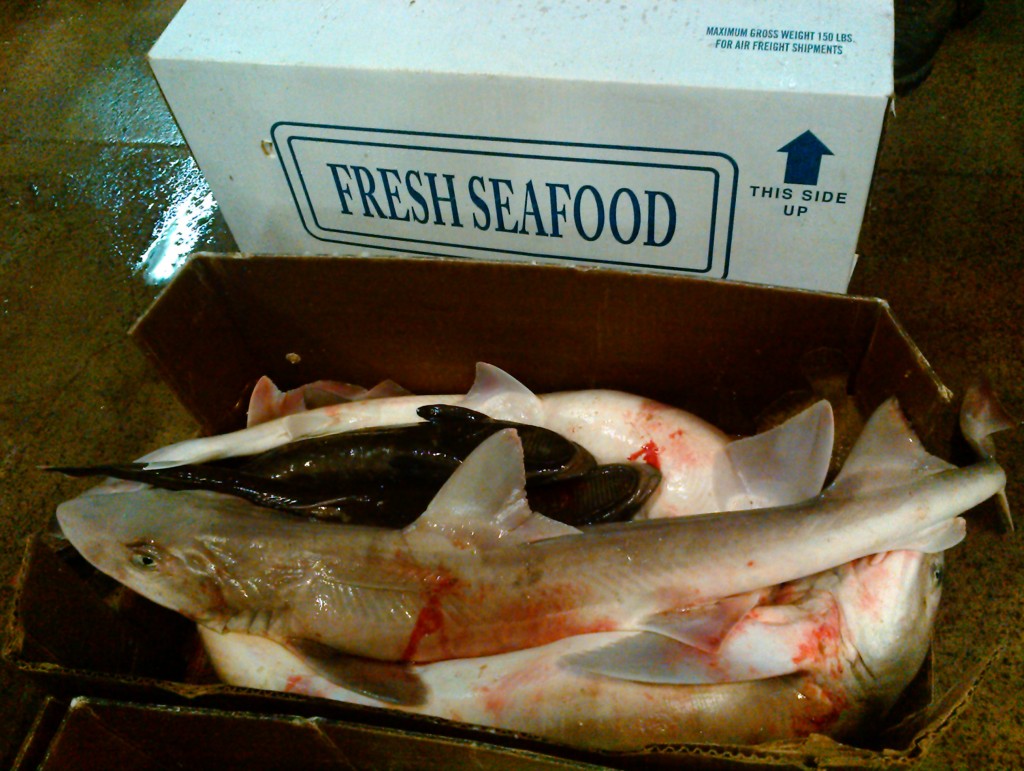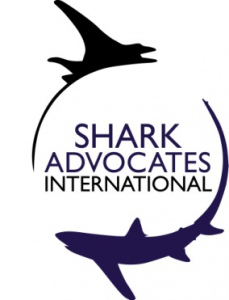The state of Maryland is proposing new regulations that would, among other things, weaken the state ban on shark finning by allowing fishermen to remove the fins of smoothhound sharks at sea, as long as the ratio of the weight of the fins does not exceed 12% of the ratio of the carcasses. These “fin ratios” are already troubling and ineffective ways to enforce finning bans. Landing sharks with fins naturally attached is considered the best practice for shark fisheries management. A 12% ratio is exceptionally high (3.5-5% are common ratios worldwide) and risks enabling unscrupulous fishermen to remove the fins of not only smoothhound sharks, but other species whose fins could be passed off as such. This makes it harder for managers to track how many sharks of which species are being killed.

Maryland’s Department of Natural Resources is taking public comments on this policy, which means that you can help!
Please send an e-mail to fisheriespubliccomment@dnr.state.md.us by the end of the day on Monday, January 27th containing the following information:
Read More “Your help needed: Oppose a weakened shark finning ban in Maryland” »

